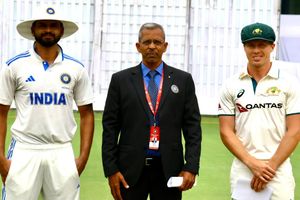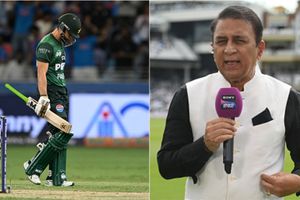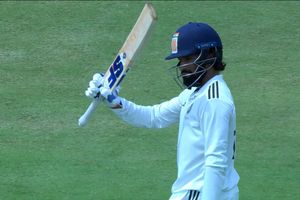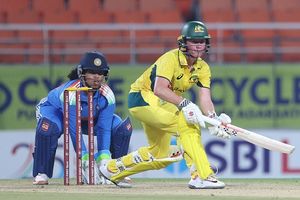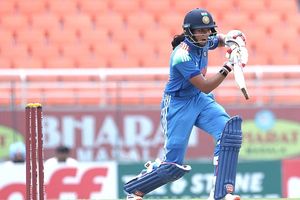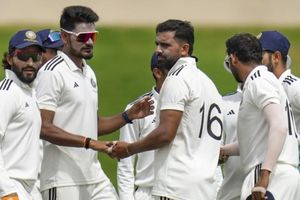The Indian Premier League (IPL) has always attracted interest from players around the world. There has also been a demand for foreign players, and since the first season, many franchises have even given captaincy to foreign players. However, this has also led to some controversies.
One such controversy occurred in Australian cricket in 2010. At that time, Cricket Australia and the players were at loggerheads. The issue had deteriorated due to money. Right ahead of the IPL 2024 which is set to start from March 22, let's take a trip down the memory lane and understand what the issue was and why there was a turmoil in Australian cricket.
The Dispute
There were often complaints from the boards of foreign players participating in the IPL that they did not receive any money from the BCCI, even though their star players helped the Indian board earn significant revenue. Cricket Australia had similar grievances.
Cricket Australia was apparently unhappy with the fact that it was not receiving any financial compensation from the BCCI for its players participating in the IPL. The board argued that its players were instrumental in the IPL's success, but it was not getting any share of the profits.
The resolution
The BCCI later decided to end the controversy by agreeing to pay money to the respective boards of the players. Under this, it was announced that 10 per cent of the foreign players' salary would be given to their board.
The controversy had a significant impact on Australian cricket. Many players were reluctant to participate in the IPL, fearing that it would damage their relationship with Cricket Australia. The dispute also led to a decline in the popularity of the IPL in Australia.
BCCI agreed to Cricket Australia's demands
The BCCI's decision to pay 10 per cent of foreign players' salaries to their respective boards caused a furore in Australian cricket. Australian players accused their board of making a backroom deal with the BCCI to earn crores of rupees. The Australian Cricketers' Association (ACA) said it would not accept the move to take a share of the players' salaries and threatened to take tough action if the decision was not reversed. Their argument was that the board had no right to a share of the money that players earn from the IPL, as it was their own money. The controversy dragged on for a long time, with Australian cricketers even threatening to quit their Cricket Australia contracts. It was only after a considerable amount of time that the issue was resolved.
The current situation
However, the BCCI still pays 10% of the salaries of foreign players to their respective boards. This clears the way for foreign players to play in the IPL. Many boards also earn a significant amount of money from their players' IPL contracts.
MORE ON SPORTS TAK:
IPL vs PSL: The huge difference in prize money of two prominent T20 leagues
Three franchises who have never won an IPL trophy despite playing all 16 seasons
All 7 records in CSK captain MS Dhoni's name: Thala's IPL career in numbers ahead of 17th season
ADVERTISEMENT

